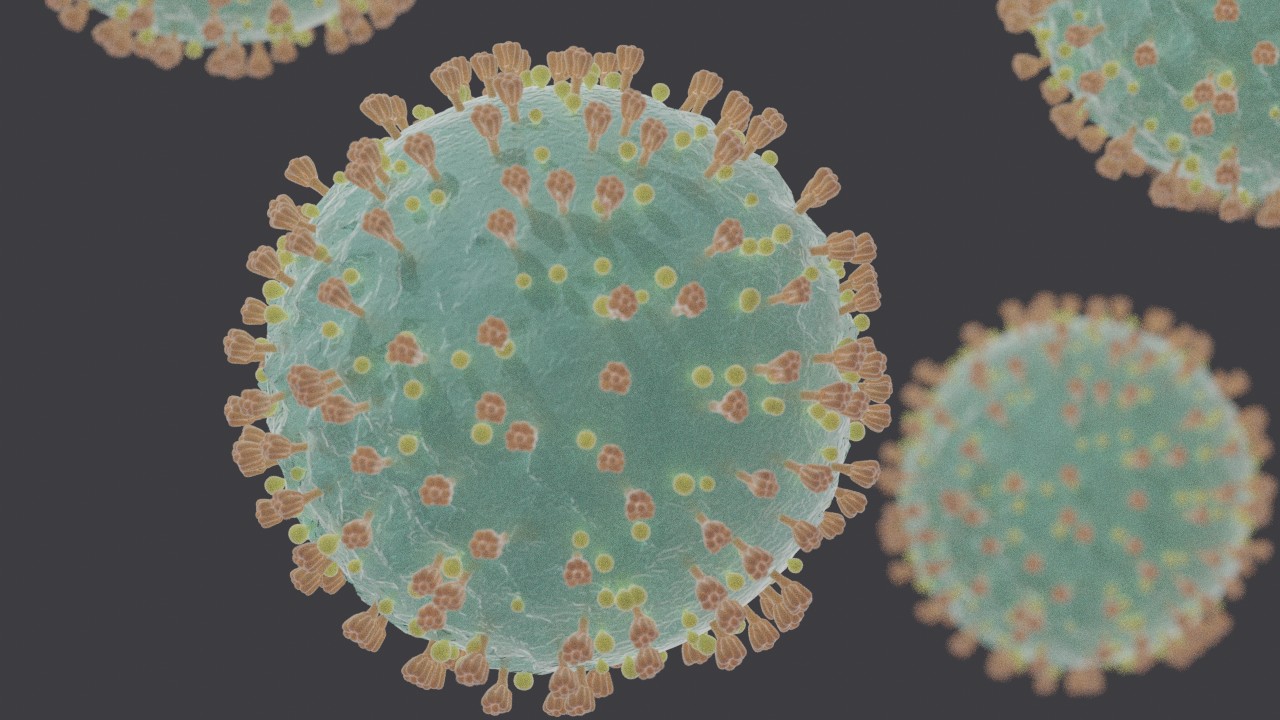|
Issue 4, Volume 17 MAX FERGUSON On January 11, 2020, Chinese state media reported the first recorded death resulting from a little-known virus in the Central Chinese city of Wuhan. For JD student Ethan Zhang, the news didn’t cause alarm. ‘I’d heard reports prior to departing Australia,’ he told De Minimis in an interview. ‘Foreign media was reporting an outbreak. Nothing in Chinese media.’ Residents of Wuhan had been presenting at hospitals for weeks, with symptoms of viral pneumonia. Most of those afflicted were linked in some way to the Huanan Seafood Market, which was shuttered on New Year’s Day. Despite the swirling online rumours that the outbreak was worse than reported, Ethan flew to Beijing after completing his Legal Theory intensive. ‘I had no fear, and I wanted to return. I thought, no big deal!’ His optimism wasn’t shared by fellow MLS student Jennifer Cai. Having left Australia after semester two, 2019, she was working in Shanghai when news of the outbreak began to reach her.
‘There were Weibo posts about it,’ she told De Minimis, when asked how she’d first found out about the virus. The news hit home particularly strongly for Jennifer, who hails from Chongqing, adjacent to the originating province of Hubei. Sensing the gravity of the situation, she said she felt afraid, as she returned home to see her family. The virus began to propagate in the lead up to Chinese New Year, the biggest event on the Chinese calendar, where millions of people travel huge distances to be with their families. Many Chongqing natives returned home from their jobs in Hubei, exacerbating fears of an epidemic. It was around this time that Ethan heard the first concrete reports about the virus, now identified as SARS-CoV-2, or simply ‘coronavirus’. News of the outbreak reportedly caused panic in Hubei, but a thousand kilometres away, in Beijing, the mood remained subdued. An anonymous JD student interviewed by De Minimis, who shall be referred to as Student X, was then residing in Dalian, in China’s North-Eastern region. They said that at that stage of the outbreak, fear was most acute amongst the youth. ‘They could see videos online. I had seen Western media.’ The student said that the older generation, those most at risk from infection diseases, remained mostly unmoved, as state media downplayed the severity of what was unfolding in Wuhan. For Jennifer, Chinese New Year meant visiting her elderly grandmother, alongside her family. She feared the possibility of exposing her grandmother to the virus, however her family decided to make the visit, despite Jennifer’s protestations. Despite reluctantly accompanying them, on January 25, the day of Chinese New Year, she made the decision to self-isolate, fearing the possibility of further spread. Student X also visited family over the Chinese New Year holiday. One of their relatives works in the health services in Dalian, and warned that she had heard of some nineteen patients presenting there with the new illness. Ethan noted that despite such incidents, there were official assurances that the spread was limited in scope. A week on from Chinese New Year, on February 1, the Australian Government announced a travel ban on all non-residents entering from China. All three students made the decision to wait out the ‘two week’ ban where they were. However, on February 13, the ban was extended. Ethan reflected a common sentiment, that he had confidence the ban would be lifted, and they’d be permitted to re-enter Australia. ‘Semester two was a long way away. [The] public were relaxed here [in Beijing], especially with mandatory mask wearing.’ However, the media’s constant downplaying of the outbreak began to cause concern. ‘People were still getting information, despite media restrictions. There was a loss of confidence in what we were told.’ On the February 21, the travel ban was again renewed. By that time, swathes of the country had begun to shut down, and there was no end in sight. Communicating via WeChat, the three MLS students realised that they wouldn’t be able to return to study in Australia, except via a third country. Within days, they had linked up in Thailand, chosen because it was one of the few regional countries which had not imposed travel restrictions on China. They spent two weeks preventatively quarantining themselves in a Bangkok hotel, eating takeaway food, and avoiding public spaces. After two weeks had elapsed, they were permitted to once again enter Australia. Entry presented no problems for them. In fact, all three commented that they were surprised, even unnerved, by the lack of screening at Australian ports of entry. Student X said, ‘they didn’t even take our temperature! There were people coughing on the plane over.’ Another concern was the reception the students might face when re-entering the community. Fear of COVID-19 has spread even faster than the virus itself, with sometimes violent consequences. ‘There are stories of Chinese people being attacked [in the West],’ Jennifer noted. ‘Wearing masks on the street…people can react badly.’ However, back in Australia, the three students’ have felt accepted by the MLS community. ‘I missed one week of class, but I have recordings,’ Ethan said. ‘I feared hostility towards us, but I feel accepted.’ He remains positive about the outlook back home, too. ‘Those still in China are mostly relaxed,’ Ethan said, ‘things are getting better.’ [Update: since the time of writing this story, Melbourne Law School has moved classes online.] Max Ferguson is a second-year JD student, and an editor of De Minimis.
Duncan
25/3/2020 09:26:50 pm
Great article Comments are closed.
|
Archives
October 2022
|



